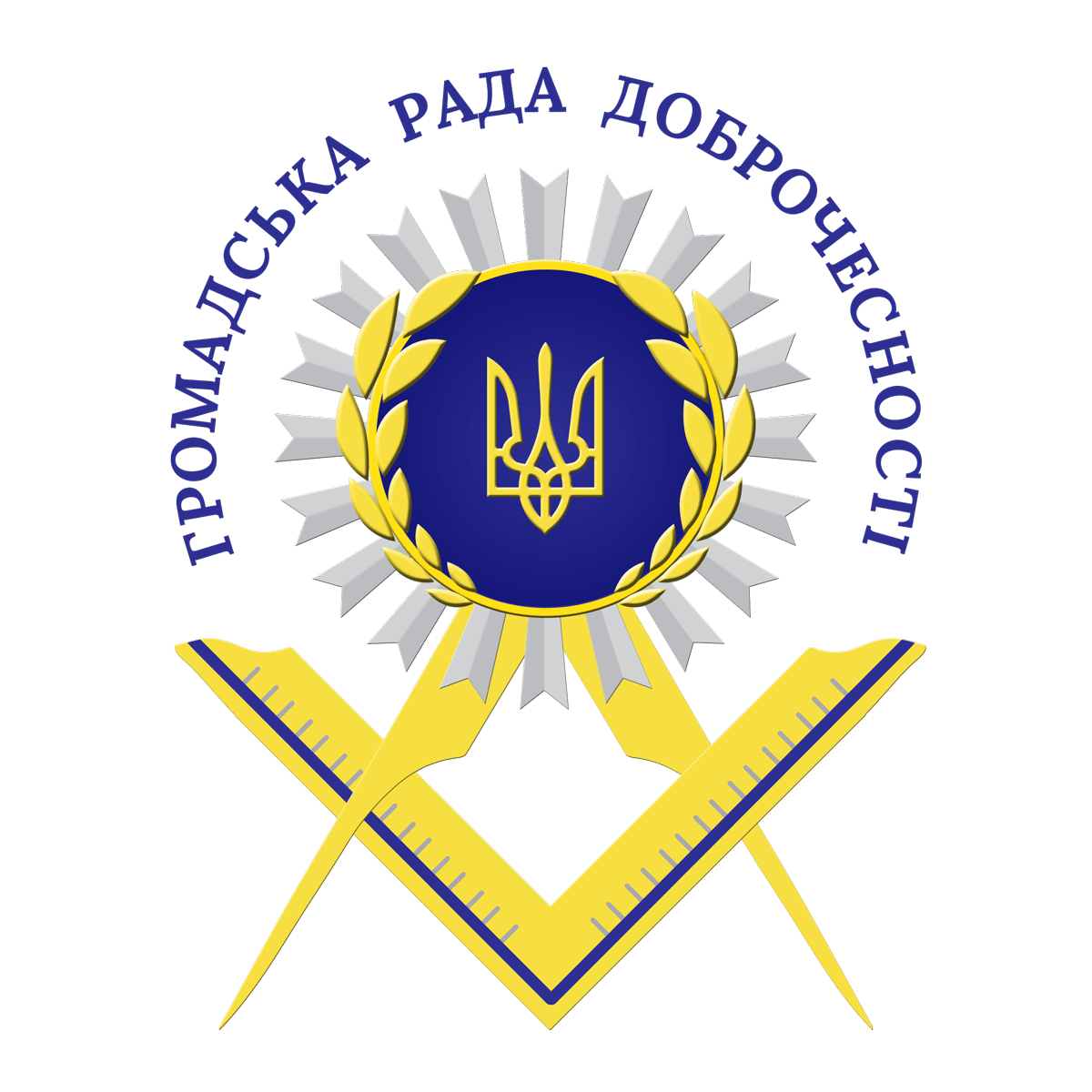NGOs call on the HQCJ to refrain from creating artificial obstacles to the establishment of the Public Integrity Council

On November 21, 2018, the High Qualification Commission of Judges of Ukraine (HQCJ) announced the results of the consideration of documents of public associations (NGOs) for the establishment of the Public Integrity Council (PIC).
The Commission approved a positive decision on the admission of only 2 out of 14 organizations that submitted the documents. The Commission allowed the rest of the organizations to eliminate the shortcomings which, in its opinion, were identified in the relevant documents of the NGOs.
Having considered the decisions of the Commission, NGOs have to state that among these alleged shortcomings there are many that are not based on the requirements of the law, do not pursue a legitimate aim and can create artificial obstacles for NGOs’ participation in the PIC establishment.
In particular:
- In some cases (Centre of Policy and Legal Reform), the Commission does not accept the results of a financial audit conducted not within the past two years, whereas the law only requires the availability of an audit report and does not set any time frames for its conduct;
- In some other cases (Center for Civil Liberties, Centre of Policy and Legal Reform), the HQCJ groundlessly believes that it is only the first persons of international organizations in Ukraine (the OSCE Coordinator in Ukraine, UNDP, etc.) that can make recommendations to NGOs, while the law does not contain such a requirement, and the signatures of officials of international organizations were affixed within their authorities;
- Position of the HQCJ regarding the recognition of reports based on the financial audit results or audit findings as having been submitted in disregard of the requirements only because these reports were prepared for confidential use and submission to grantors (CRIMEASOS, Centre of Policy and Legal Reform) is unreasonable (the law does not set any requirements for the addressees of the reports and the purpose of their preparation);
- The HQCJ did not recognize a copy of the report on the project implementation results due to the lack of signature of the person authorized to sign it (Centre of Policy and Legal Reform). However, such a requirement is unfounded since the law requires the provision of a copy rather than the original of the report, and the submitted copy of the report has been duly certified by an authorized person;
- The law “On the Judiciary and the Status of Judges” does not require the publication of a declaration of a candidate to the PIC on the NACP’s website, and the HQCJ’s competencies do not cover anti-corruption verification of declarations (including the presence or absence of these declarations on the NACP’s website), while some organizations (Institute of Applied Humanitarian Research) received a reply that the absence of such declarations on the NACP’s website serves as grounds for non-admission.
As for documents of other NGOs (Civic Lustration Committee, E+, Nova Krayina, ТОМ14, Centre for Economic Strategy, Centre UA), only the originals of certain documents are required, whereas all the necessary information can be obtained from the duly authenticated photocopies. In some other cases (DEJURE, Nova Krayina), technical errors (incorrect indication of the candidate’s patronymic only in one of the documents or use of the phrase “annual declaration” after “declaration of a candidate for the position of the PIC member”) are considered by the Commission as “grounds for the determination of the submitted documents as not complying with … the law”.
We want to emphasize that the requirements of the law on the submission of documents have been established to confirm the experience, real activity and capacity of NGOs to form the PIC. The Commission’s review of these documents should pursue this legitimate aim and should not go beyond its limits.
The Commission’s decisions are even more surprising given the fact that 2 years ago the Commission allowed a number of organizations with similar packages of documents to participate in the NGO Meeting on the PIC establishment without any comments. The Commission did not consider the failure to submit proper declarations by the candidates for judicial office at the Anti-Corruption Court and Intellectual Property Court to be a violation and allowed them to take part in the competition to the IP-court.
We are concerned that at the beginning of our cooperation with the HQCJ regarding the formation of the second composition of the PIC, we faced this approach. At the same time, the NGOs will make every effort to take into account the wishes of the Commission regarding the execution of documents within a specified period as far as possible.
However, if the HQCJ retains this approach to the assessment of documents, there will be a high risk of groundless rejection of experienced and capable NGOs from participation in the Meeting and, as a result, the formation of an incomplete composition, delay, or even the impossibility of establishing the PIC as a form of public participation in the selection and evaluation of judges.
Therefore, we call on the HQCJ:
- To carefully reconsider all the packages of documents submitted by the NGOs, including those that will be submitted additionally;
- To assess the documents submitted by organizations solely on the basis of the requirements of the law, impartially and without groundless formalism;
- To allow all NGOs whose experience and capability are confirmed by the documents submitted by them to participate in the Meeting;
- To review the decisions on a number of NGOs (indicated in this statement or otherwise) regarding the recognition of documents as having been submitted in disregard of the requirements of the law, particularly where the law contained no such requirements.
Civic Lustration Committee
Initiative E+
Crimea SOS
Nova Kraina
ТОМ 14
DEJURE Foundation
Center for Civil Liberties
Centre for Economic Strategy
Centre of Policy and Legal Reform
Centre UA

